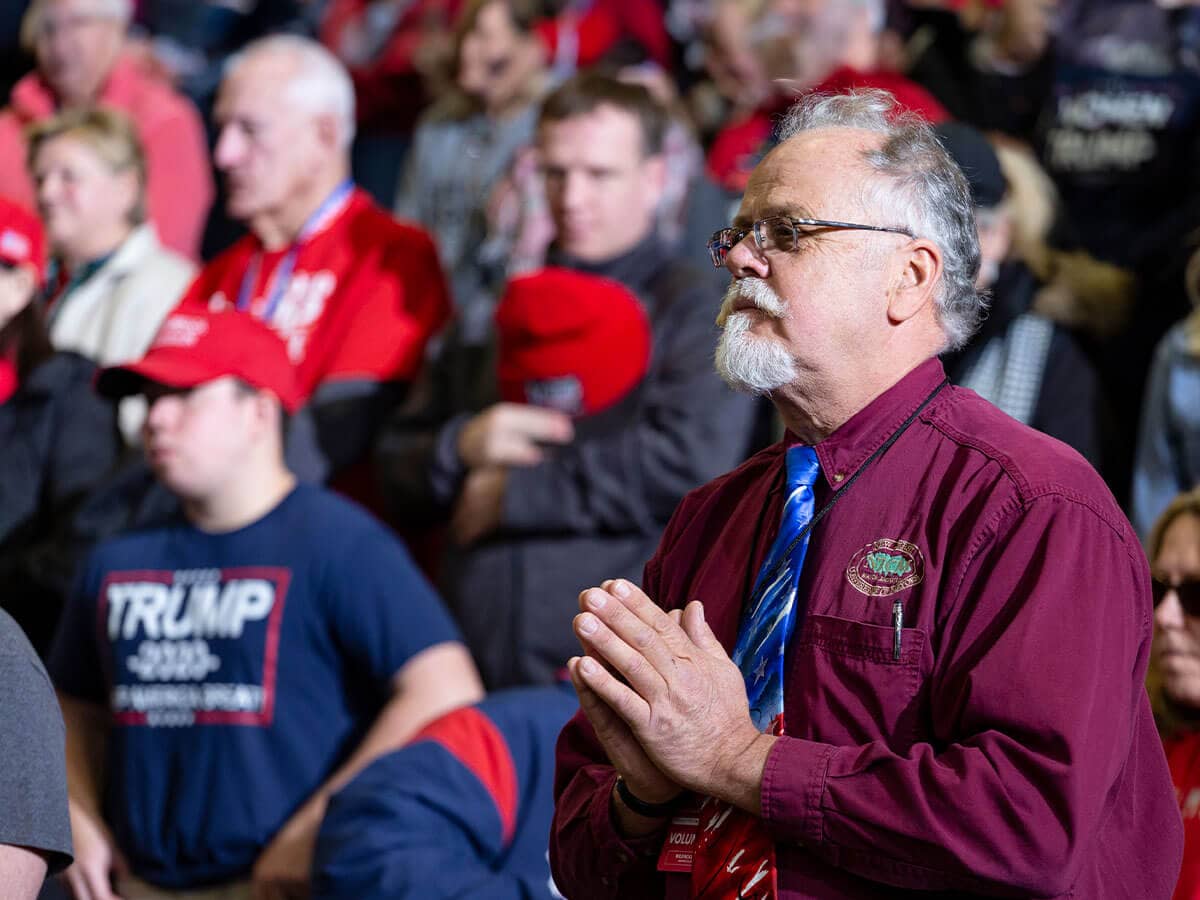"Lord, these people don't deserve this!"
"Why are you letting this happen, God?"
"Lay off, will you, Lord? Those folks have had enough!"
I pray those kinds of prayers quite freely. I'm not always clear about the theology of what I am saying, but since my thoughts are a lot like those that I see in the Bible's psalms of lament, I know that I am at least biblical in my outbursts to the Almighty.
Many residents of the Gulf coast directly affected by Hurricane Katrina are pointing their anguished questions and angry accusations at other humans, especially government officials. Why were we not better prepared for this disaster? Why were relief efforts so slow in coming? Why were so many folks left vulnerable to sheer lawlessness?
Those of us who witness this anguish from a distance must attend carefully to their cries, even though our tendency will be to return to business as usual. Soon enough, we'll tune in again to the latest round of reality shows and go back to focusing on celebrity gossip. Meanwhile, our public leaders will turn to the passions of partisan debate.
Which brings me back to my instinctive lament when I learned of Rehnquist's death. I dread the heating up of what has already been an ideological battle over Supreme Court appointments. There were some signs of hope that the examination of John Roberts would be a fairly calm process. But now that two key court appointments are at stake, I worry the rhetoric will be cranked up yet another notch. And that has the potential not only to drown out the anguished cries of suffering people, but also to further weaken the governmental processes that might give them hope.
I have spent some time this summer reading the history of democratic thought. While the origins of democratic theory lie in ancient Greece and Rome, most significant thought on the subject occurred in the past four centuries or so in Great Britain and the United States. These thinkers agree on at least two points. One is that democratic politics requires a willingness to compromise. The other is that democracy at its best is practiced by leaders who engage each other in reasoned debate about the fundamental issues of civil society.
I doubt that anyone would hold up our nation's more recent debates as stellar examples of intelligent give-and-take. And this is cause for lament. A nation can handle the legitimate passionate outcries of those whose lives have been drastically altered by Hurricane Katrina only if we also have nurtured a public culture in which there is a reasonable discussion of the basic goals of civil society. If we now turn to public debates about Supreme Court nominees that echo the understandably angry tones of the desperate folks in Mississippi and Louisiana, we will have failed significantly as a democratic culture.
There are many subgroups who need to be addressed on this subject, but I will limit my pleas here only to my own evangelical Christian kinfolk. We have been failing miserably in our public life at the two requirements I mentioned above. Our most vocal public leaders have shown little interest in finding compromises, and we have not shown much of a tendency to model a reasonable give-and-take approach to public debate. If anything, our public expressions have resembled more frontier revival sermons than the thoughtful writings of our nation's founders. Yet we talk glowingly of the vision of "our Founding Fathers" and of "the Christian origins" of our nation's values. Given our own public performance in recent years, this talk borders on the laughable.
There has never been a time when it was more important for our nation to take an honest look at itself, reach across the ideological barriers we have erected, and find new ways of living together in some semblance of order. The Mennonites have a wonderful phrase to describe our present situation as Christians. We are "living in the time of God's patience." As someone given to lament, this means that I regularly ask the Lord why he is being patient when so many bad things are happening. But it also means I must work at modeling that patience in important ways, living in the realization that the Supreme Ruler of the Universe will bring about--in ways that I will never fathom--a righteous culmination to a historical process that includes so much suffering.
Our Christian task is not to win the culture wars, but rather to be agents of justice in a world where easy formulas for solving fundamental human problems are not readily available. I hope my fellow evangelicals can be a part of the solution in our seriously divided nation. This may require us regularly also to complain to the Lord about his present "patience." But it also surely means that we passionately pray for healing mercies--certainly for those who are experiencing intense suffering right now, but also for the important public debates about issues that affect the basic patterns of our lives together.

